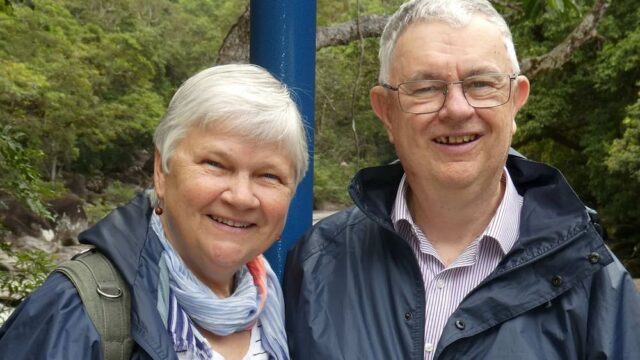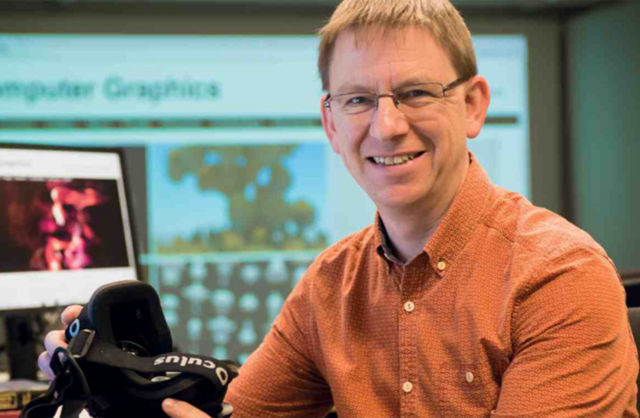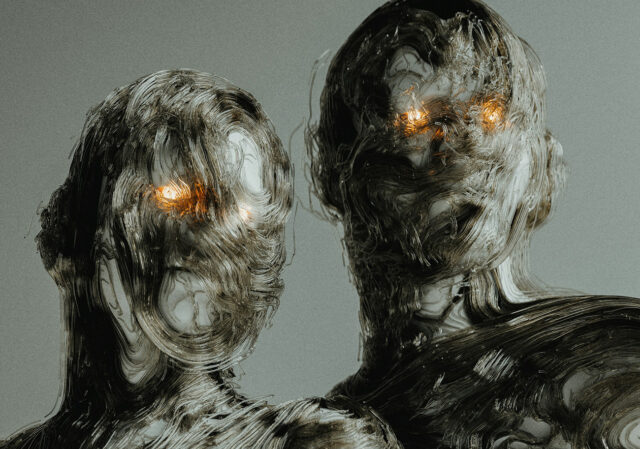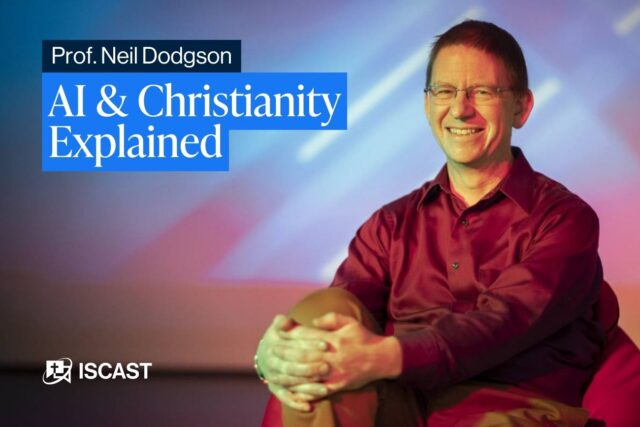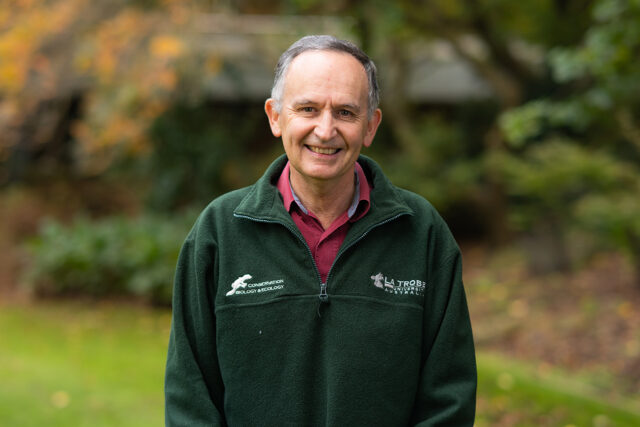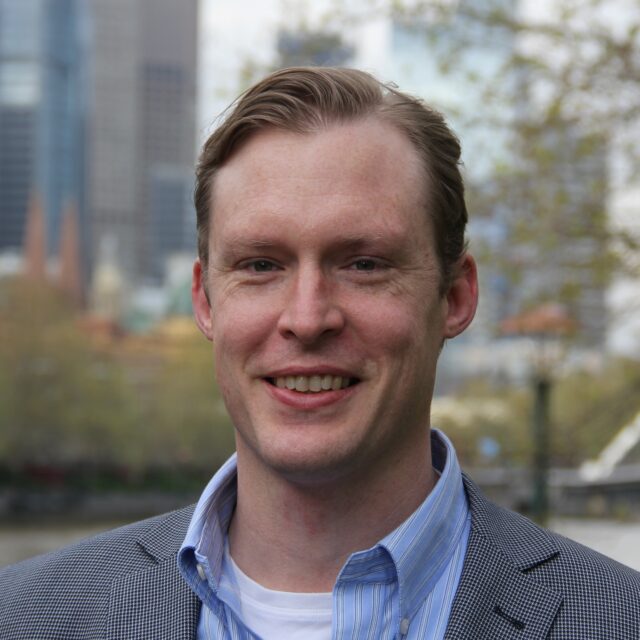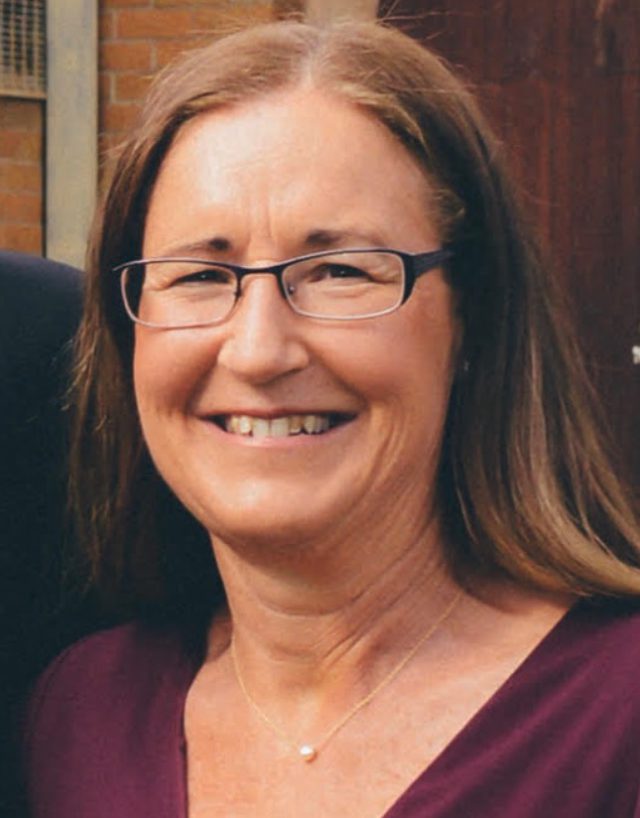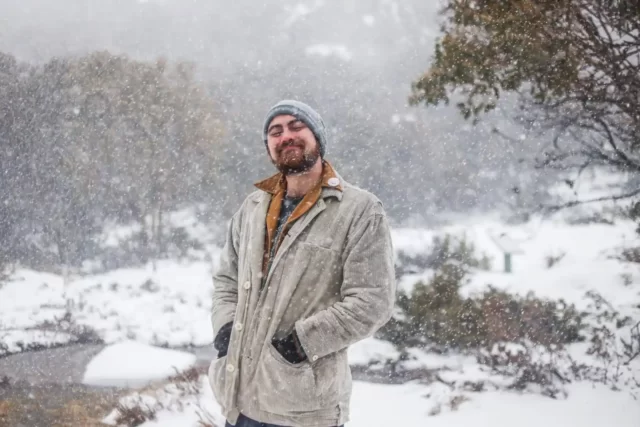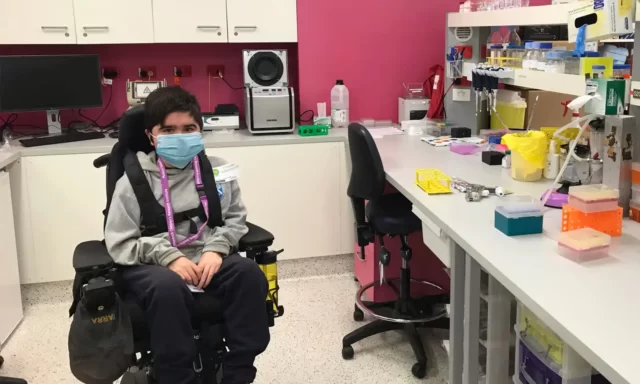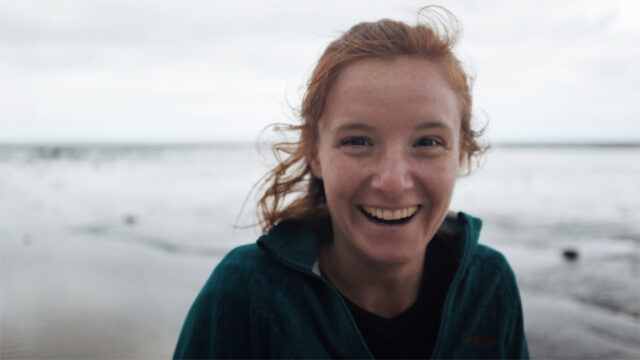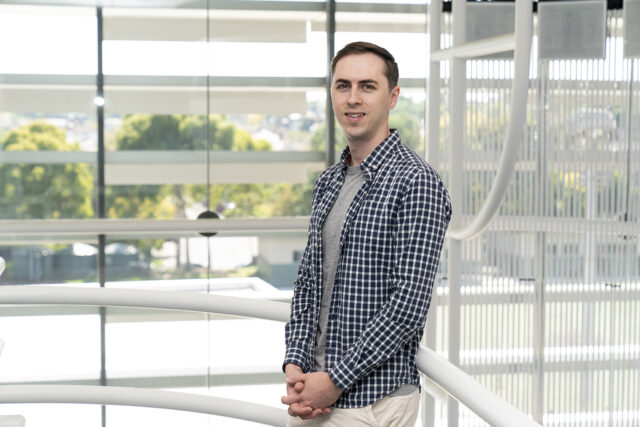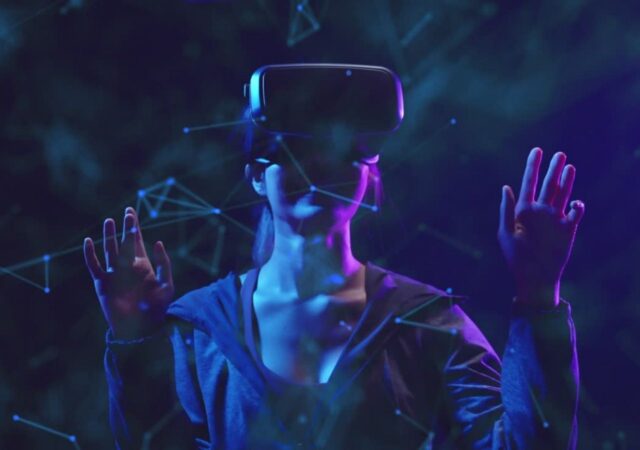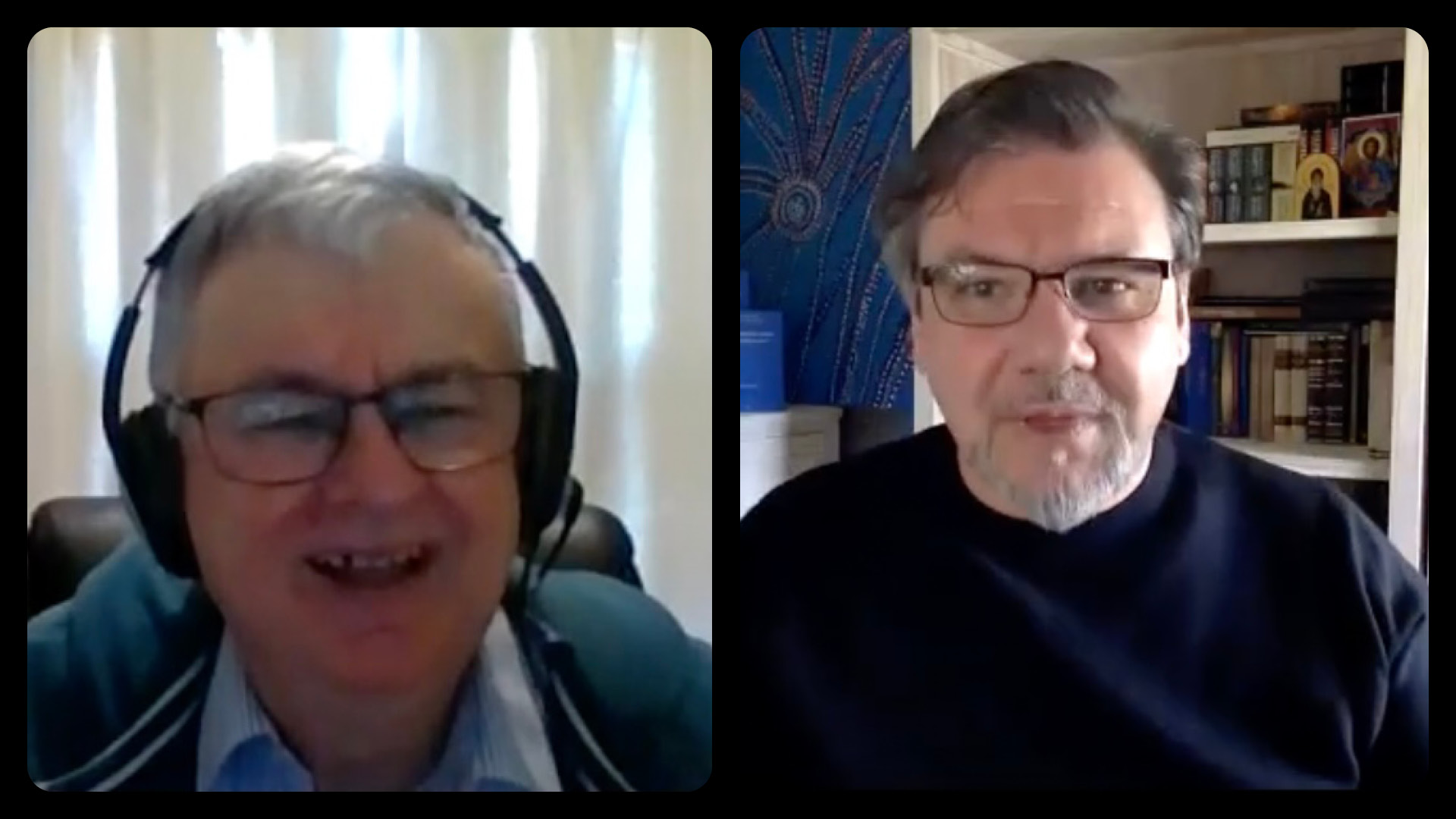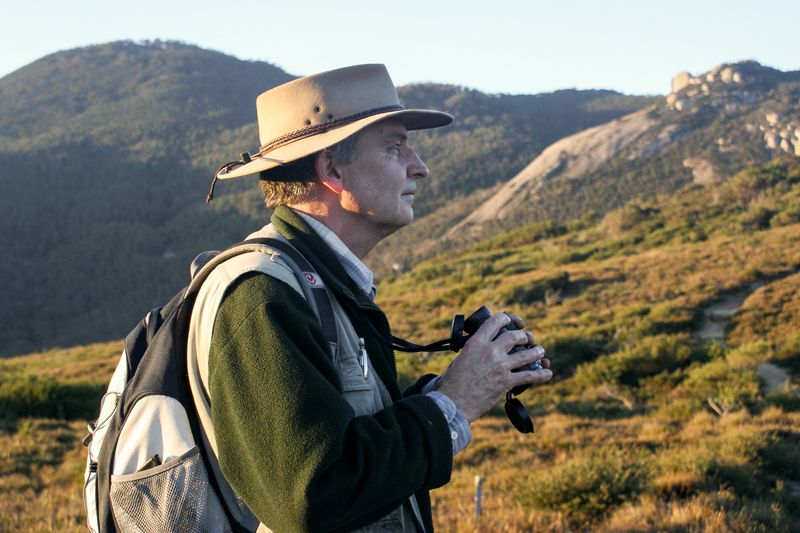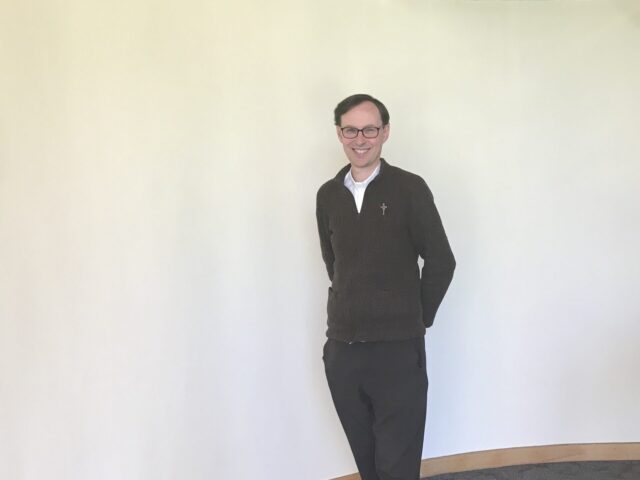
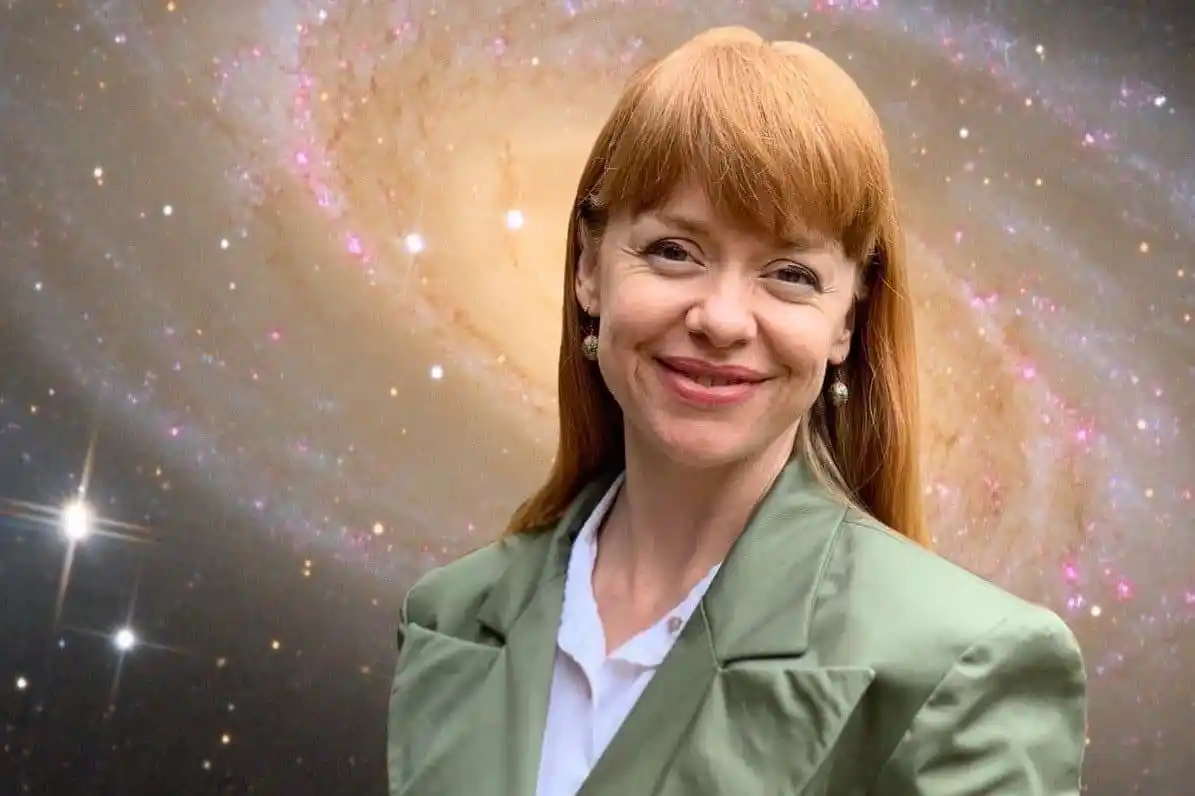
Originally published in The Melbourne Anglican.
This month ISCAST Publications Director Dr David Hooker catches up with Dr Sarah Sweet, a lecturer in astrophysics at The University of Queensland. We are privileged to hear Sarah share her thoughts on her science and faith journey.
David: On behalf of ISCAST and our TMA readers, thank you Sarah for your time.
Sarah: Thanks Dave. So, to introduce myself, people call me Sarah. I’m 41 and my interests are my family, with a husband and children. My kids are nearly six, four, one-and-a-half and one on the way! I’m a lecturer in astrophysics at the University of Queensland. I did my PhD in astrophysics here at UQ as well.
David: Could you explain to us more about your role? I’m wondering what astrophysics means, and what grabbed your attention about this chosen field in the first place?
Sarah: My job is part teaching, part research, part admin, and includes discovering new things about the universe, especially galaxies like our own Milky Way. These galaxies are collections of stars, gas, and mysterious dark matter. I investigate how these “island universes” have changed over time, how they move, what they’re made of, and how this relates to what they look like. This tells us more about our place in our own Milky Way galaxy.
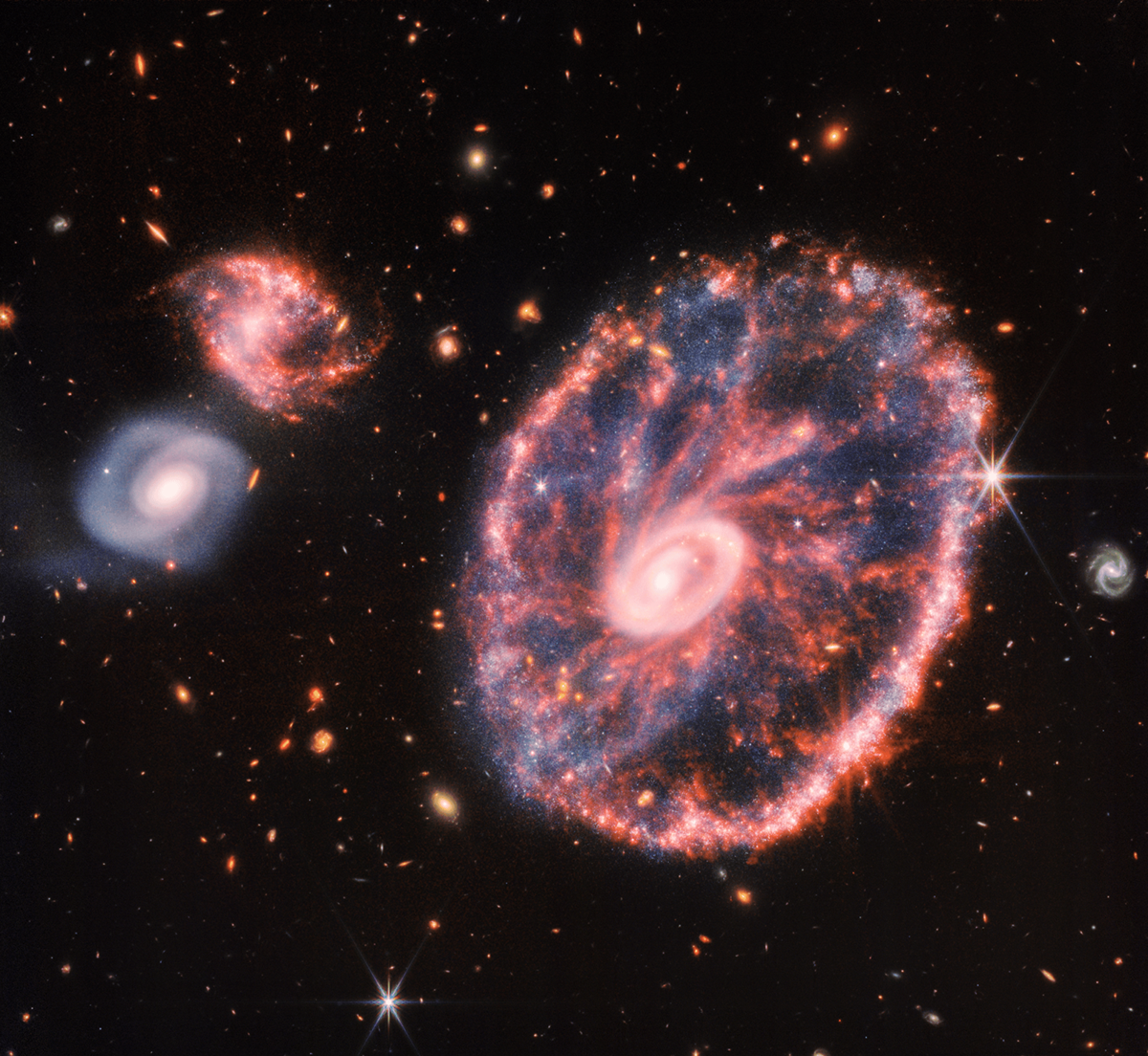
Cartwheel Galaxy. Picture: Public Domain NASA and STScl
David: The mind boggles to think of dark matter! Let’s talk more about your science career. What are a couple of challenging career chapters, and what led to those challenges?
Sarah: One of the biggest challenges I’ve had is dealing with something called “imposter syndrome.” Many scientists encounter this, and particularly women scientists – but many men as well.
This is where one feels that, regardless of the amount of success one is having, that maybe one has just been lucky, or it’s just a coincidence. Sometimes, one may feel like another person should’ve been chosen instead. I’m unsure this is something that ever goes away but I think I’ve been able to make friends with it, and recognise that there are many who experience it, even those more senior than me. That’s somewhat encouraging. But, also, a secret weapon has been to know that it’s not just about what success I’m having or what other people say about me, or even what I say about myself. It’s about who God says I am. That’s what’s really important. At the end of the day, his view of me, a child of God, is so much more important than validation I get from anywhere else.
It’s not just about what success I’m having or what other people say about me, or even what I say about myself. It’s about who God says I am.
David: Thank you, Sarah, for sharing your personal insights there. Was there another challenge in your science career?
Sarah: Yes, navigating job insecurity, particularly trying to fit having babies around my work. For my postdocs I moved from UQ down to ANU and to Swinburne and back here again. I had my first child while at ANU, just at the end of my contract, and my second while at Swinburne before coming back here. It’s been difficult to time everything well and to navigate the changes that having babies brings to my career involvement. Having both career and children can impact collaborations. Fortunately, I’ve been blessed with some great bosses and colleagues who are mostly very happy for me. I also have an extremely supportive husband who has been doing the bulk of the childcare! I certainly couldn’t do it without him.
Job security is also affected by being on fixed-term contracts. The uncertainty of “will that grant be successful, will I have another job?” – that’s a difficult thing, and having children adds to the complexity.
In all this, knowing the Prince of Peace is so important. Without Jesus I couldn’t keep an even keel.
David: Thanks, Sarah. It’s clear Jesus has been close to you in your work. So how did you become a Christian? And did science or particular people influence you in that point of your journey?
Sarah: With parents as pastors, I was brought up in a Christian home. I was very young when I asked Jesus into my heart and feel very blessed to have that foundation. At a similar age I remember just having a sense of awe and wonder at the night sky, the vastness and beauty of it, how it spoke to the vastness and beauty of God, his thoughtfulness and care for us. That sense of awe and wonder in God, together with his creation, always seemed very compatible to me.
David: As committed Christians there’s both the intellectual challenges of melding our faith and our science together, and of course being a witness for Christ in the workplace. How has being a Christian in a scientific field challenged you?
Sarah: Having grown up in a Christian home and attended a Christian school, it has been challenging to encounter and understand people with different points of view. I have several Christian colleagues, but a few colleagues are quite anti-God. At one of my workplaces, I was next door to an anti-theist having loud religious conversations. He seemed quite angry, and the impression was he must have been really hurt. I was very impacted by this. I never got to speak to him about why he felt like that. This challenges me to be always prepared to give an answer for the hope I have. But most of my colleagues are quite accepting or keep their views to themselves.
David: How has science shaped your Christian faith?
Sarah: There’s a lot that science doesn’t understand, and this matches what it says in Proverbs: it’s the glory of God to conceal, and our glory to discover. It’s our privilege to be able to do that; it wouldn’t be fun if we had all the answers! We can keep increasing our knowledge, but it still falls so far short of the entirety of understanding God’s creation, and therefore how amazing he is. I can see through science his loving sovereignty in the way that he’s created us and the kindness of his hand at work. It’s like that verse from the Bible: “when I consider the heavens, the works of his hands, what is man that you are mindful of him?” So, I think science has really enhanced the wonder that I feel and my trust in God’s providence.
Science has really enhanced the wonder that I feel and my trust in God’s providence.
David: Where would you like to go in your science faith journey?
Sarah: In deepening my understanding about the partnership between science and faith, I’d like to help allay people’s concerns about the “conflict narrative.” And I want to become better at talking to my colleagues about faith and science.
David: Thanks, Sarah. In closing, is there any advice and encouragement you’d like to give our TMA readers, some of whom may aspire to be scientists one day?
Sarah: Absolutely. It’s so important to cultivate our personal relationship with God and to keep alive that sense of wonder and awe at who God is, at his care and love for us, and the care that he’s put into showing who he is. If we can hold on to that wonder and that assurance of his love for us, I think that’s so foundational to who we are as scientists and as Christians.
David: It’s been wonderful to chat, Sarah. Thank you.
